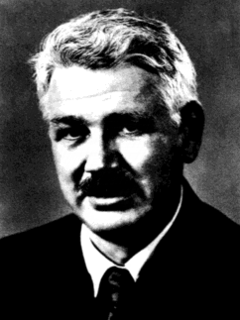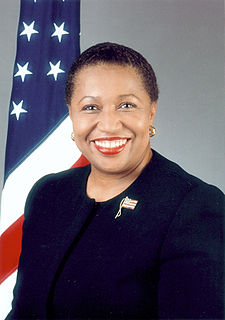A Quote by Jeffrey Rosen
It's unfortunate that [Louis] Brandeis was not able to translate or abstract his devotion to cultural pluralism and racial equality as he put it for Jews to enslave people and their descendants and to African Americans.
Related Quotes
And he [Louis Brandeis] talks to his young acolyte, Horace Kallen, who wrote this beautiful book called Cultural Pluralism, and he comes to believe that by being better Jews, or better members of our ethnic group, we can be better Americans, because America is like an orchestra in which identity is defined by the diversity of perspectives that we bring to the table.
The tyranny of Harvard and Yale is another thing that transcends this problem of the set point. But what's so striking about [Louis] Brandeis is he had this vision of cultural pluralism that completely gave the lie to the idea that there was any inconsistency between being Jewish or being a woman or being African American and being fully American.
For [Louis] Brandeis, you know, ethnicity and background are much less important than facts and reason. And he believes that far from wanting to efface our diversity of perspectives, we have to embrace it because that makes us more American, not less. In that sense, he's incredibly modern in an age of cultural pluralism. And it is disappointing for just the reasons you say that not everyone has embraced his pluralistic vision.
Unlike [Woodrow] Wilson, Louis Brandeis did not support the segregation of the federal government. He was personally courteous to African Americans. He advised them and advised the head of Howard University to create a good law school. And that inspired Charles Hamilton Houston and Thurgood Marshall in their path-breaking work on behalf of desegregation.
The Jews cannot be classed as a 'race' per se, they are an ethnic group. '...the Jews form an ethnic group; that like all ethnic groups they have their own racial elements distributed in their own proportions; like all or most ethnic groups they have their 'look,' a part of their cultural heritage that both preserves and expresses their cultural solidarity...they have developed a special racial sub-type and a special pattern of facial and bodily expression.
Louis Brandeis beloved uncle, Lewis Dembitz, was an ardent abolitionist. His mother was an abolitionist in Kentucky at a time when Brandeis remembered hearing the shot from the confederate soldiers after the second battle of Bull Run. Amazing to think that he heard that and I studied with one of his last law clerks in college. And that encapsulates almost all of American history.
Louis Brandeis actually changes his mind about women's suffrage because he works with these brilliant women in the women's suffrage movement like Josephine Goldmark, his sister-in-law, where he writes a Brandeis brief which convinced the court to uphold maximum hour laws for women by collecting all these facts and empirical evidence.
Louis Brandeis really inspired me to write this book [Louis D. Brandeis: American Prophet]. It was a crazy deadline. The editor said I'd miss the hundredth anniversary unless I pumped the thing out in six months, because I'd been delaying and dilly dallying for so long. So he both inspired me to get up early and write.
They said, OK, nine [Louis] Brandeis's is too much, but one is OK. So, with friends like that, and so forth. But, yes, the idea that because he was Jewish he would rule a particular way was an ugly undercurrent of the hearings, which resonates with current claims that a judge can't be impartial because of his or her background or ethnicity or race. It's, I guess, a small comfort that in the end the Brandeis vote wasn't close.
We probably have, right now, after the Civil Rights movement - and this was very unfortunate - the most glaring time of giving up on Africa, saying we're Americans. We are Americans. I'm not arguing that point. So are the Italians. So are the Germans. So are the Jews. We're Americans with an historical geography of origins outside of the United States as all people, maybe except the indigenous Americans who came here so long ago, who have generations of people whose historical origins are right here but whose initial historical origins are somewhere in Asia.
Donald intends to represent all the people, not just some of the people. That includes Christians and Jews and Muslims; it includes Hispanics and African Americans and Asians, and the poor and the middle-class. Throughout his career, Donald has successfully worked with people of many faiths and with many nations.

























